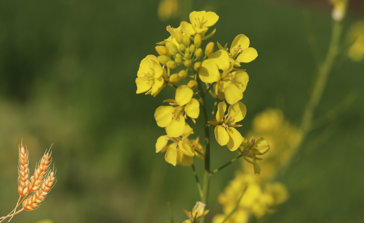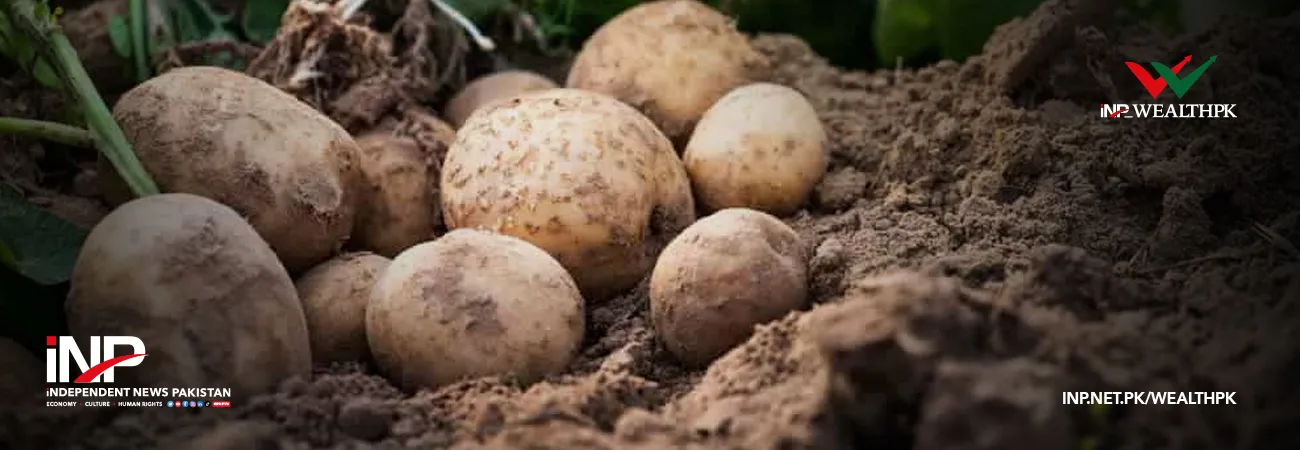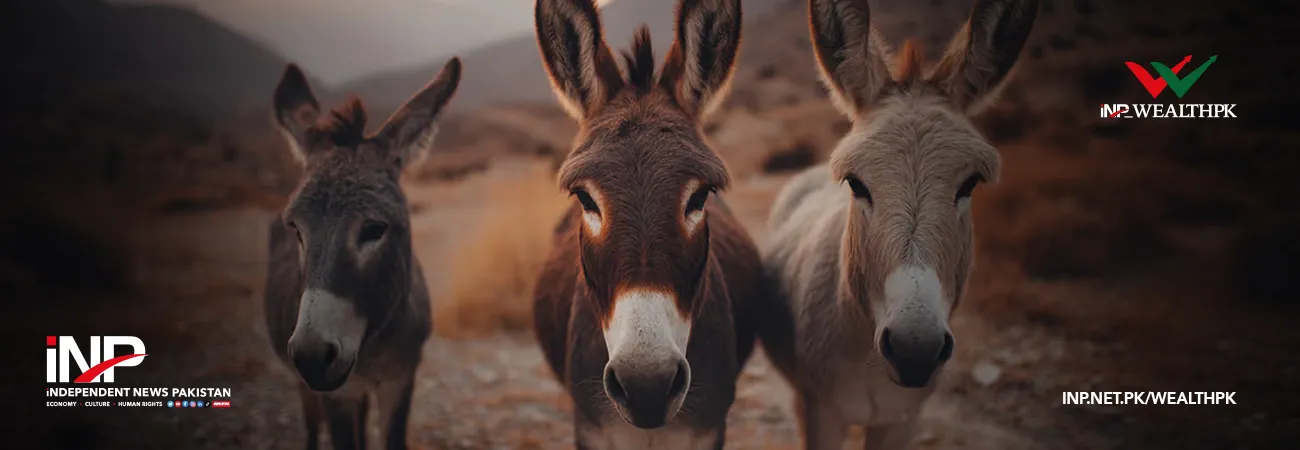آئی این پی ویلتھ پی کے
Muhammad Saleem
Farmers in flood-hit areas are considering a switch from wheat to canola, seeking quicker returns amid low wheat support prices and high cultivation costs.

Talking to Wealth Pakistan, Khalid Khokhar, President of Pakistan Kissan Ittehad, said that all the available canola or Raya (mustard) seed had already been purchased. “There is a limit to its availability because the seed is scarce and cannot be imported now.” He added: “One of my friends from a private company had the largest stock of the canola seed — enough for sowing on 100,000 acres of land. But he said he had already sold the stock out.”
Khokhar said that the cultivation of wheat now depended entirely on government’s assurance that it would help them meet the sowing costs and provide a cushion in case of any damage to the crop. “Over the past two years, even the production cost of farmers has not been recovered, let alone any profit. Farmers are no longer in a position to bear further losses, especially since they also did not get fair prices for cotton, maize, or vegetables,” he said.
He said another major problem is costly fertilizer, as the price of DAP has gone up by about Rs2,500 in the last two months. “To restore farmers’ confidence, there should be a proper policy, like a price commission, whose job is to decide at least a year in advance what the production cost will be and what price will be fixed, with profit included,” he underscored.
Muhammad Iqbal, a farmer from Vehari and President of Farming Integrated Development Association, said that this year’s floods had caused huge losses to farmers. He said that many farmers were still unsure whether they could even cultivate wheat because their lands remained waterlogged.
Talking to Wealth Pakistan, he said that scores of farmers were now considering cultivating canola instead, since it can be harvested quickly, and can help improve their financial situation. “Canola is useful for oil production and income, but it cannot replace wheat as a food security crop. Wheat is, in fact, a trade-off between farmers’ financial needs and the country’s food security,” he added.
However, he warned: “If we look at the market dynamics, there is also a fear that investors may take control of the canola market the same way they have disrupted the wheat market – causing major financial losses to farmers.” “What is needed right now is a clear government policy that provides immediate support to farmers while ensuring the country does not face a wheat shortage,” he said.
Credit: INP-WealthPk








